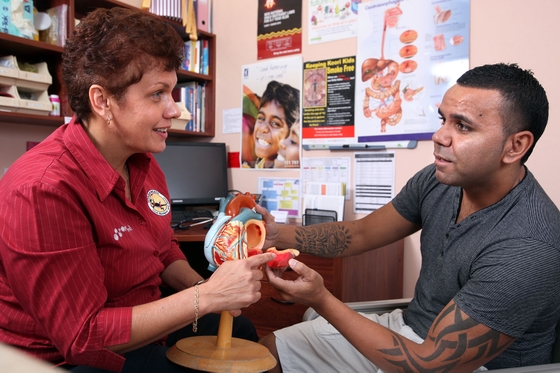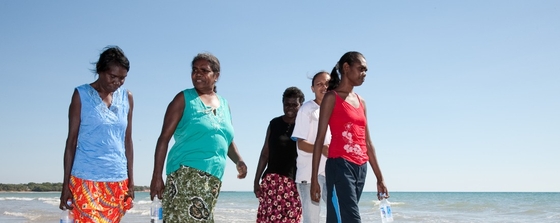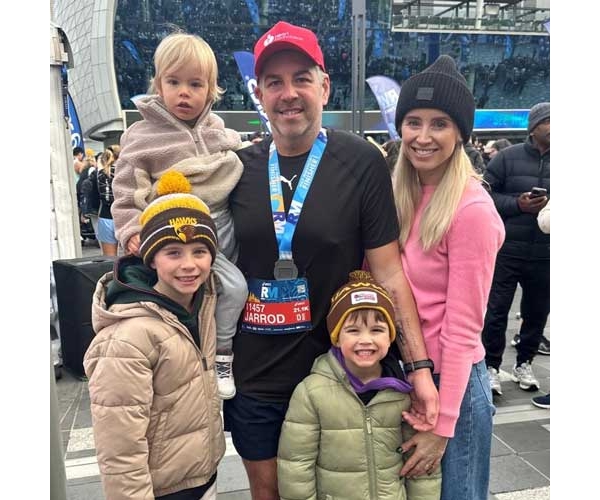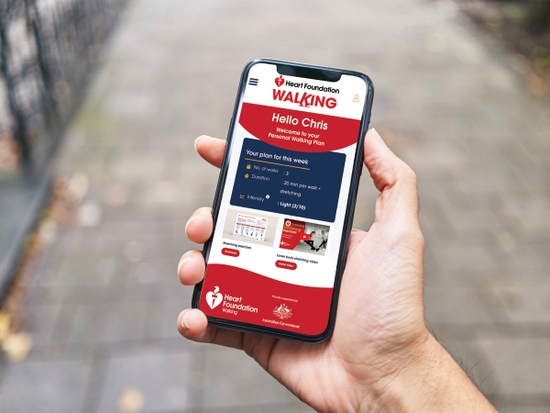
Health for Every Heart
About this page
This page has been created to demonstrate the different components available in our CMS. Each section below shows an example of how the component appears and can be used on a page.
Accordion
Advanced Accordion
Block Quote
CTA Carousel
Use this to showcase multiple calls-to-action in a rotating, visual format.
CTA Panel
A single, bold panel designed to highlight one key action or message.
Columns (2, 3, or 4)
Columns allow you to display content side by side. They automatically reflow on smaller screens.
Image Panel
Images can be added as standalone content or alongside text to support the story.
Key Takeaway
This component highlights an important point or summary in a visually distinct panel.
Related Content Panel
Use this to surface links to related resources, articles, or pages in a card layout.
Campaign Quote with Modal
This component can display a quote or image that opens into a modal with richer content — including video.
Rich Text with Resources
A flexible component for headings, text, images, links, or downloadable resources.
Accordian Title field - optional
Optional Accordion Subtitle field ---- Accordions are useful for grouping related information. Users can expand or collapse each section to explore details at their own pace.
1.1 Improve heart health - this is 'Accordion Item Title' - required field
Here is the content in the 'Accordion Item Body'
Accordion item bodies can contain rich text Improve heart health and life expectancy for populations experiencing disparities, including people in rural and remote areas, culturally and linguistically diverse communities, women, First Nations communities, and underserved populations including those experiencing socioeconomic disadvantage.
- Can also contain lists
- This is an ordered list
- This is an ordered list
H4 heading
- This is an underordered list
Improve heart health and life expectancy for populations experiencing disparities
including people in rural and remote areas, culturally and linguistically diverse communities, women, First Nations communities, and underserved populations including those experiencing socioeconomic disadvantage.
Within the accordion, we can also feature
- Block quotes
- Buttons
- Image embeds
- Video embeds
- Resource assets
I have previously posted and have found that the participation and support from this group is amazing. I celebrated with the group the first anniversary and reflected upon the lifesaving surgery that I was privileged to receive from some amazingly talented professionals.
Bruce, group member

1.2 Address the disparities in heart health for First Nations Peoples
In collaboration with First Nations leadership, implement community-led programs supporting environmental and technological advancements to improve heart health for all First Nations Peoples. Support collective efforts to end acute rheumatic fever and rheumatic heart disease.
1.3 Advocate for policies to address social, environmental, cultural, and commercial determinants of heart health
Advocate for government policies and regulations that address social, cultural, environmental, and commercial determinants of heart health.
1.4 Ensure consumers, communities, and people with lived experience continuously inform our work
Engage consumers, communities, and those with lived experience to shape our programs, policies, and priorities through meaningful co-design approaches.
1.5 Ensure equitable access to information and resources
Ensure equitable access to high-quality, culturally appropriate, evidence-based information, resources, education, and supports.
This component is called Advanced Accordion
This is a Tab Title (max 40 characters)
I am a carer
I want a healthy lifestyle
I am a health professional
I am a researcher
I want to get involved

A block quote is used to highlight a key message, testimonial, or important statement. It can be used with an image (circular) or without.”
Greg
Lived experience of heart disease

A block quote is used to highlight a key message, testimonial, or important statement. It can be used with an image (circular) or without.”
Greg
Lived experience of heart disease

Register your details to join the MyHeart MyLife program for free.

Tell us more about yourself so we can tailor your support.

Receive information and advice over 12 weeks to help you live well with heart disease.


Dr Ailin Lepletier is a research fellow at Griffith University’s Institute for Biomedicine and Glycomics, where she leads pioneering research on immunotherapies. Her research has a particular focus on the autoimmune complications of Streptococcus pyogenes infections, including rheumatic fever and rheumatic heart disease (RHD). She has also contributed to the development of vaccines to prevent these infections, which have now progressed into clinical trials.
Dr Lepletier has authored 40 scientific publications in influential journals and received prestigious awards from the Australian and New Zealand Society for Immunology and the European Society for Medical Oncology. She has secured $5.4 million in grant funding as chief investigator from organisations including the Heart Foundation, Leducq Foundation and Advance Queensland to support research aimed at reducing the burden of RHD in Australia and globally.
Crisis support
Your doctor
Check in with your general practitioner (GP) and healthcare team to seek help in managing your physical, mental and emotional wellbeing.
Lifeline
Call Lifeline (13 11 14) for confidential crisis support via phone, text or online chat.
13 Yarn
Call 13YARN (13 92 76) for Aboriginal and Torres Strait Islander crisis support.
You might also be interested in...

First Nations heart health
More First Nations people are impacted by cardiovascular (CVD) than other Australians.

What is heart disease?
Heart disease can occur 10 to 20 years earlier among Aboriginal and Torres Strait Islander peoples and can lead to long-term health problems.

What is acute rheumatic fever and rheumatic heart disease?
Rheumatic heart disease is a serious disease that causes damage to your heart valves.
A safe place to connect
Those who have experienced a cardiac event know all too well how feelings of anxiety and isolation can last long after the physical symptoms have subsided.
The Heart Foundation’s My Heart My Life online peer-support program provides a safe space for people living with heart disease to connect, share tips to live a heart-healthy life, and be reassured that there is hope after the heartache.
Donate now to help support programs like My Heart My Life or register to join the My Heart My Life community.











